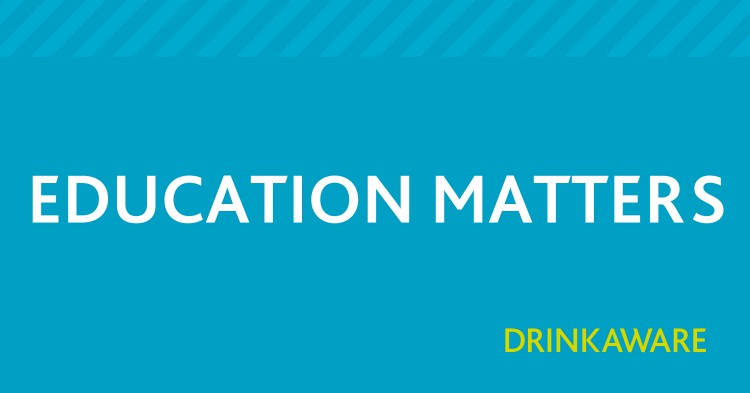Parenting can be challenging at the best of times, but it may be particularly challenging during recent restrictions when children and teens are under your care 24/7. Tensions and anxieties can run high, so it is really important that you, as parents, care for yourselves.
While young people are influenced by many sources including peers, the media and teachers, it is parents generally who have the most significant influence on their behaviour including if and when they drink alcohol. Teaching your child healthy behaviour rather than trying to stop dangerous behaviour by using fear or scare tactics is important.
Visit our parent hub for facts, resources and tips
You are your child’s mirror. They learn from you, at an early age, how to be in tune with or not in tune with their emotions. A child can become infected with happiness from observing good behaviour and have a very positive impression of the world around them. A child can also be infected with unhappiness from observing poor or negative behaviour. The question is: What do you as a parent want your child to learn from you? You model social behaviour for your child including how to celebrate achievements, how to cope with stress, how you manage conflicts and how you relate with others. You teach them about relationships, managing challenges, resilience and embracing opportunities.
You also teach your child about alcohol. What is it you want them to learn? At a young age, especially during the teen years, attitudes to alcohol and drinking habits for the future will be formed. Young people recognise that parents are the most important influence in their lives by the example you set, the rules and boundaries you have in place and by how much freedom you allow them. Research shows if parental monitoring is in place, then teens are much less likely to begin to use alcohol at an early age.1 Early parental supply of alcohol is associated with increased risks.2 There is also evidence that a young person who starts consuming alcohol at 15 years old or younger is four times more likely to have a negative relationship with alcohol later in life.3
Young people need you to talk to them. Research commissioned by Drinkaware (2016) shows that young people see parents as the ones they listen to about alcohol.4 By talking to your teen about alcohol you will be empowering them to understand alcohol and its effects and help them to make informed decisions about alcohol in the future.
Young people need to know how alcohol negatively affects the body and mind, why young bodies are unable to cope with alcohol and the impact of alcohol on both the developing brain and the developing liver.
The following tips may help you to have the conversation:
- Recognise that an alcohol free childhood is the best option.
- Parental modelling around alcohol is important as is monitoring your child.
- Start the conversation when something comes up on TV or is shared with you about risky behaviour around alcohol.
- Highlight the dangers of misusing alcohol and drinking underage, using facts and not opinions. Visit our parent hub
- Ensure your child knows the rules in your home around alcohol.
- Reward good behaviour and praise when deserved.
- Don’t have alcohol on display or easily accessible in your home.
- Negotiate consequences to implement should rules be broken.
- Trusting your child is important in order to have a healthy relationship.
- Discuss the laws in Ireland around young people buying alcohol or consuming it in a public place.
GET IN TOUCH
Complete our contact form with a query about our parent workshops (virtual/online).
REFERENCES:
- Barnes GM, Hoffman JH, Welte JW, Farrell MP, Dintcheff BA. Effects of parental monitoring and peer deviance on substance use and delinquency. Journal of Marriage & Family. 2006;68(4):1084–1104. [Google Scholar]
- Smyth, B., Darker, C., Donnelly-Swift, E., Barry, J. & Allwright, S. (2010). A telephone survey of parental attitudes and behaviours regarding teen drinking Bio Med Central Public Health, 10:297.
- Hingson, R. (2006) Age at Drinking Onset and Alcohol Dependence Archives Paediatrics and Adolescent Medicine Journal. Vol 160 American Medical Association.
- Behaviour & Attitudes (2016) Alcohol Education-Is it meeting the needs of Junior Cert Students? A Drinkaware commissioned report.


